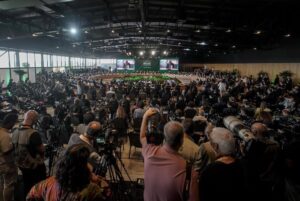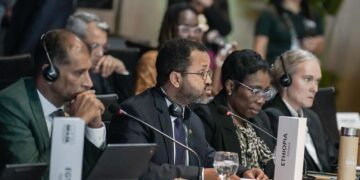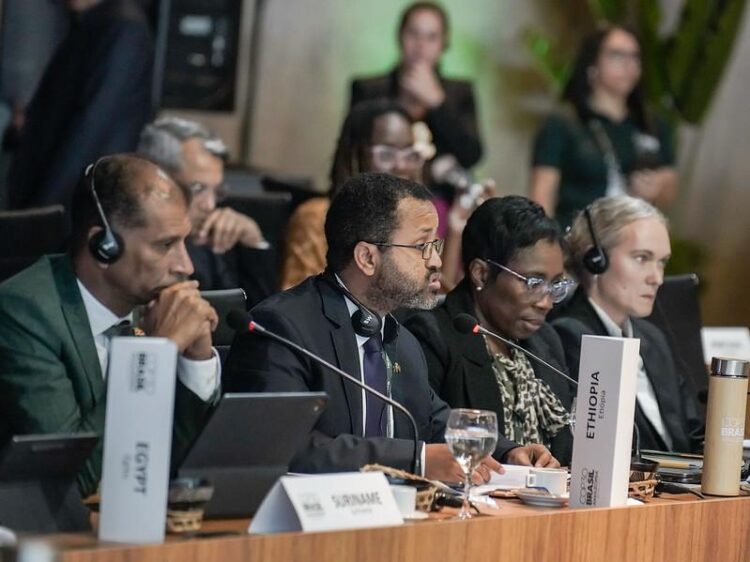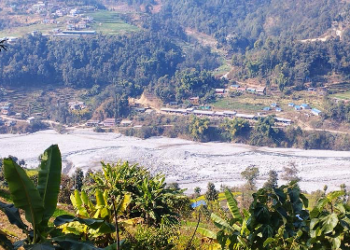OPINION
The recently concluded second Africa Climate Summit (ACS2) which took place early last month in Addis Ababa, Ethiopia, left many with a feeling of disappointment yet people thought it would provide another opportunity to position the continent as a global leader in climate action by advancing African-led adaptation, mitigation and green growth initiatives while tackling climate finance challenges.
Despite the grand stages, polished speeches and pledges, the summit proved to be another masterclass in political theater, failing to address the core injustices that perpetuate Africa’s climate vulnerability. It is evident that Africa’s contribution to global greenhouse gas emissions is only about 4%, yet the continent faces the most severe climate impacts. Despite this injustice, Africa receives merely 3.3% of global climate finance, far below what is required to meet its climate goals. For instance, according to United Nation Economic Commission for Africa (UNECA) report, Africa needs over US$3 trillion to meet its climate goals by 2030, however, the continent has only received US$30 billion between 2021 and 2022.
More so, despite Africa accounting for an estimated 40% of the world’s renewable energy resources, the continent still has more than 600 million people without access to electricity and 900 million lacking access to clean cooking according to IRENA. Despite the optimistic discourse around a green future, structural power imbalances persist, as the Global North and multinational corporations tighten their control over Africa’s natural wealth through green economy narratives.
While discussions largely focused on unlocking the continent’s renewable energy potential, there was a glaring silence on the ongoing and new fossil fuel projects being aggressively driven by European and other foreign interests. Africa’s just transition narrative needs to consider the realities and concerns caused by the fossil fuel industry on environment, climate change, human rights and livelihoods.

For instance, the East African Crude Oil Pipeline (EACOP) that is set to displace over 100,000 households, other massive new gas projects in Mozambique and Senegal continue unabated. The summit failed to provide a clear and binding pathway for Africa to leave its own oil and gas reserves underground.
Moreso, during the summit, Africa’s vast deposits of transition minerals such as cobalt, lithium, and copper were presented as an opportunity to power the global energy transition, however, the reality on the ground tells a different story of forced community displacements, environmental destruction, and widespread human rights abuses. For example, in oil rich countries like Uganda and others, thousands of people have been displaced and human rights abuses been documented due to minerals extraction.
African summits should be shaping up a decisive turning point in Africa’s quest for a just and equitable climate transition, moving from declarations to concrete action and positioning Africa as a key player in global climate solutions. African governments must commit to ending fossil fuel exploration and extraction while exerting pressure on the Global North to stop any further fossil fuel and prioritise investment in off-grid solar and other renewable energy alternatives that ensure universal access to clean, affordable and sustainable energy.
By Olive Atuhaire,
The writer is a Ugandan climate activist
Email: atuhaireolivia72.ao@gmail.com








































